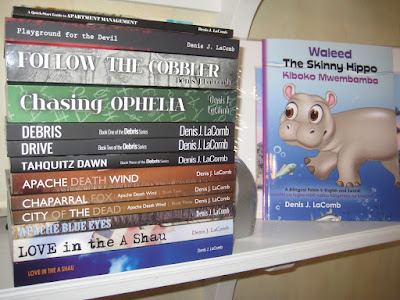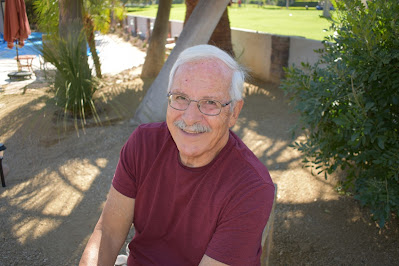A while back I wrote a blog entitled: Broken Down Palace. It was about the first apartment building I lived in after moving out of the only home I’d known for almost twenty years. The building was designed and constructed around the turn of the century for a prominent Minneapolis industrialist. By the time I moved in, almost sixty-five years later, it was a rundown boarding house chopped into several apartments.
That period in my life encompassed what I now whimsically call my lost years; roughly from 1961 to 1971. It began with my high school graduation on May 31st, 1961 and culminated in my marriage on July 31st, 1971. Ten years of wandering and wondering about my life as it unfolded in twists and turns; some expected and others not so much.
It was during that latter period, in an old tired musty apartment, that my creative juices really started to flow. From roughly the fall-winter of 1967 through the spring of 1970, I found myself going through a furious writing phase. Poems, song lyrics, outlines for novels and mind-stories poured forth, all captured with my ancient L.C. Smith typewriter.
My new job at KTCA television entailed some script writing and other journalistic endeavors. But more importantly it meant I was interacting with a plethora of wildly crazy, creative, free-thinking folks. It was the mid-sixties when almost anything was up for grabs and challenges. I was living the life and not focused too far beyond the next day.
People were coming in and out of my life. Some were fleeting moments whose names are still etched in my brain while others have long since been forgotten. The Triangle Bar became my refuge from reality; a place to toke in the shadows along with the stoners, drink cheap schooners of beer and leer lustfully at the University Coeds all lined up neatly at the bar.
Thoughts
and scenes, feelings and emotions were coursing through my veins and piling up
in my memory bank. I found a wonderful outlet for expressing those sundry
images and imaginative scenarios on paper.
Writing
poetry was incredibly liberating along with the song lyrics for which I had
absolutely no skill whatsoever. Almost every night, I’d be hunched over my L.C.
Smith, pounding away at words and verses, sentences and paragraphs that kept
rushing forth.
It was like a euphoric rush of emotions spilling out of my consciousness. Most nights, I became incredibly high on endorphins surging through my brain matter. Good, bad, terrible and some not so bad material was captured on’ now’ old gray sheets of paper. That episodic flash of creativity ultimately lasted for only a short period of time. The resulting pile of papers were assembled, bound together and filed away. Then life took a turn for the wonderful and they were forgotten for almost sixty years.
A new relationship had gained traction, this one for good, and I was on a new path toward the future. Fortunately, those old stapled pages of poetry followed me around the country before finally settling into a filing cabinet in the basement along with other forgotten dreams and storylines.
Now fast-forward a lifetime of pecking away at writing and more recently, tackling just about every other means of storytelling from novels to novellas, plays to screen-writing, children’s stories to blogs and a new comic strip, it was time for something new…like songwriting.
That idea evolved out of a play I had written during the pandemic. ‘PTV’ is a semi-auto-biographical play about my own early television experiences. I tried to capture in my story-telling some of the antics, pranks, and true-life activities that went on behind the scenes. There were some wonderful personalities and characters that lived in my world at that time when the station was evolving from an instructional educational institution to that of a public television station. It was the mid-sixties and the vortex of the social, sexual and political upheavals of the time. I thought it would be neat if I could write some songs reflective of that period and the events taking place in and around the station.
I decided that the first step in that process of song-writing would be to peruse those song lyrics and poetry I had stashed away for all those years. I found the dusty faded gray papers buried in a file cabinet and began to study the material for anything I could use for PTV. But the more I perused those ancients words purged from my heart and soul, I realized that they really captured a ‘time in my life’ and weren’t appropriate for the songs I wanted to write today. But, I thought, they could stand on their own as a testament to the times and my life back then.
Hence was born the idea of a new book of poetry which is still in its infancy. I’m going through the musty old pages and selecting the most representative poetry of that period. Once chosen, I’ll have to assemble the pieces in the right order (a purely subjective exercise) and recreate the poetry and song lyrics in my computer. Vida, my editor can take it from there.
After
more than fifty years of dormancy, it will be interesting to see those words
carved from another life and time back in print again.




































